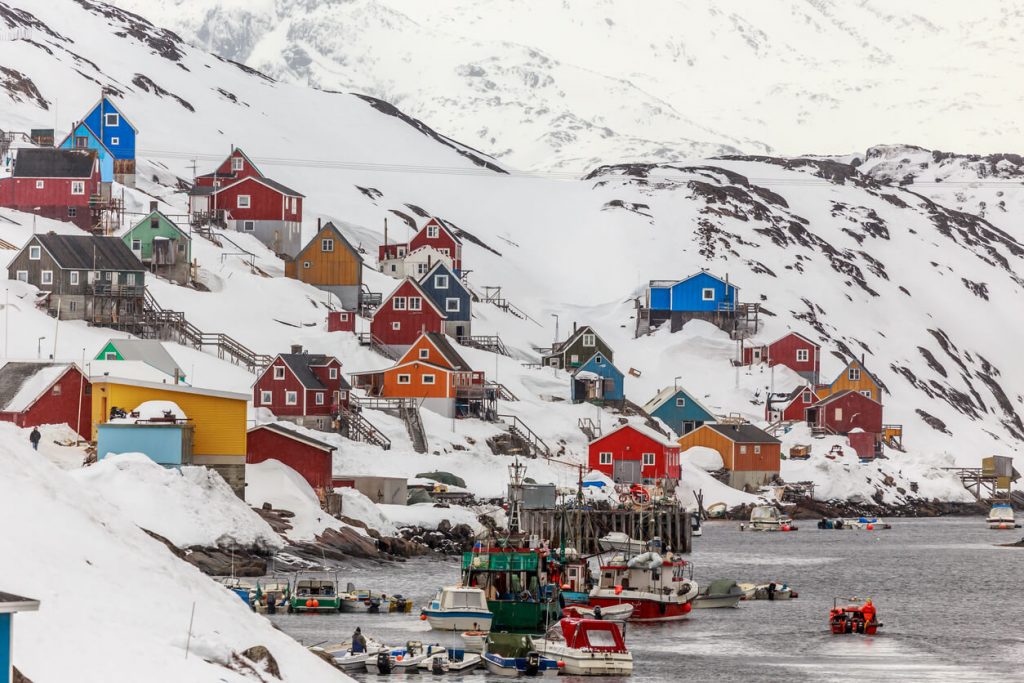Combating climate change is nobody’s priority and for the people who don’t understand the urgency of the crisis, there are alarming examples that show that the impact of a changing climate isn’t always slow and gradual.
On International earth day 2018, here is an attempt to give insight into the psychology behind why some people ignore the science behind the climate crisis.
Greenland is known for its magical Arctic beauty with magnificent deep fjords, floating icebergs, and warm areas in the southwest coast. Snow and ice reflect heat from the sun, helping to regulate our planet’s temperature. The cryosphere consists of parts of the Earth covered by frozen water (ice caps, glaciers, frozen lakes etc) including solidified parts of the sea, for example, waters encompassing Antarctica and the Arctic.

NOAA scientists reported late last year that the Arctic is losing ice at its fastest rate in at least 1,500 years. Analysts detailed a year ago that an area of Greenland’s ice sheet all of a sudden began liquefying 80 percent quicker. Another examination discovered that Greenland’s whole ice sheet is liquefying at its quickest rate in no less than 400 years and that the liquefying rate accelerated definitely in 1990.
If the entire Greenland ice sheet were to melt, it would raise global sea levels by more than 20 feet. A small increase in sea level can cause havoc in coastal habitats. It can cause damaging disintegration, wetland flooding, aquifer and rural soil sullying, and lost territory for fish, fowls, and plants.
How can one take a stand and convince people how it is more important than ever to communicate the truth about what’s happening to our planet? What happens when you show statistical data to the people in your life who don’t comprehend the earnestness of the emergency?
In the era of fake news circulating all over social media, one should establish the groundwork to make facts “matter” by shaping the narrative instead of following deceptive statements. People who possess myside bias (the tendency to favour the information in a way that confirms one’s pre-existing beliefs or hypotheses) can be countered by asking them to thoughtfully consider how they came to believe it.
It boils down to one thing we can all do, emphasizing we have a much better future in store for us if we act quickly and make significant changes.


